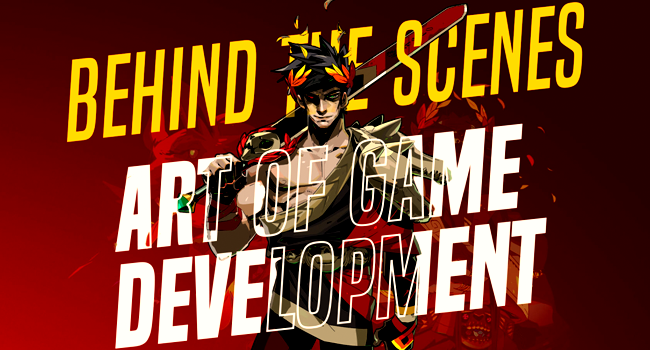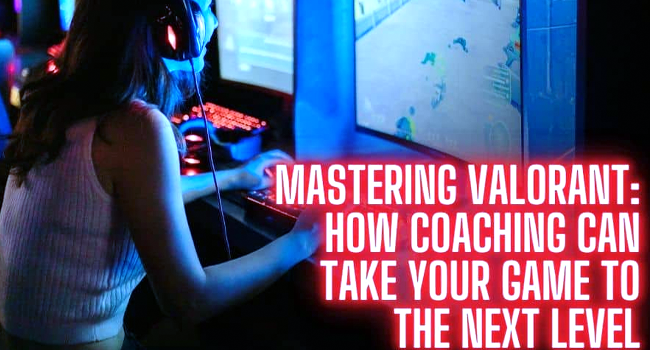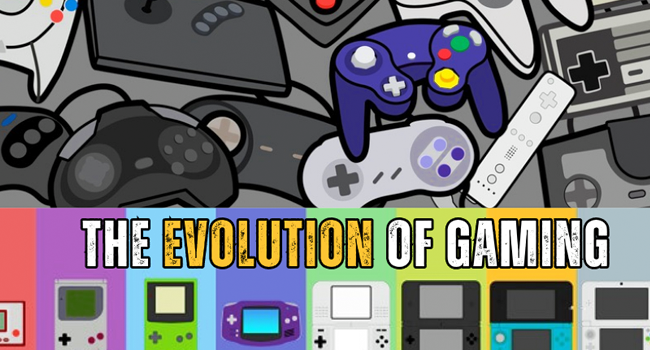Behind the Scenes of Game Development: The Creative Process Unveiled

Game development is a multi-faceted process that requires collaboration, innovation, and dedication. It’s the art of transforming ideas into interactive experiences that captivate and entertain players. The game development process can be broken down into several key stages, each essential to the overall success of the project.
The Game Development Team
Behind every great game, there is a talented team of individuals, each with their expertise. The team typically comprises game designers, artists, programmers, sound engineers, and quality assurance testers, all working together to bring the game to life.
Conceptualization Phase
The journey begins with a concept. Game developers brainstorm ideas, themes, and gameplay mechanics, which lay the foundation for the game. This is where the spark of creativity ignites, and the possibilities are limitless.
Design and Planning
Once the concept is solidified, designers create a detailed game design document. This document outlines the game’s mechanics, objectives, and overall structure, ensuring everyone is on the same page before moving forward.
Storytelling and World-Building
For narrative-driven games, this stage is about crafting compelling stories, characters, and immersive worlds that draw players into the game’s universe. It’s where the game’s heart and soul are born.
Art and Graphics
Talented artists bring the game’s visuals to life, creating characters, environments, and animations that captivate players. The visual aspect of a game is critical for creating an engaging experience.
Programming and Coding
The programmers step in to turn the game design into a functional reality. They write the code that makes the game run smoothly, creating the interactions and mechanics players will experience.
Sound and Music
Sound engineers and composers work magic to create the game’s audio elements. Music, sound effects, and voice acting add depth and emotion to the gameplay experience.
Testing and Quality Assurance
Testing is crucial to ensure the game works as intended. Testers play the game, searching for bugs, glitches, and any issues hindering the player’s experience.
Debugging and Optimization
Once issues are identified, developers work diligently to fix bugs and optimize the game’s performance. This process can be challenging but is essential for a smooth gaming experience.
Launch and Distribution
The game is now ready for the world to see. It’s launched on various platforms, and marketing efforts begin to reach the target audience. Anticipation builds as the release date approaches.
Post-Launch Support
Even after a game’s release, developers continue to work on updates, patches, and improvements. They listen to player feedback and strive to make the game even better.
Challenges and Creative Blocks
The creative process can be challenging sailing. Game developers face challenges, creative blocks, and setbacks that test their perseverance and problem-solving skills.
The Future of Game Development
As technology advances, the future of game development holds exciting possibilities. Here are some key trends and developments to keep an eye on:
Virtual Reality (VR) and Augmented Reality (AR)
VR and AR are revolutionizing the gaming experience. With VR headsets and AR apps, players can immerse themselves in entirely new dimensions. Game developers are exploring innovative ways to create immersive and interactive VR and AR experiences.
Artificial Intelligence (AI)
AI is making games more intelligent and adaptive. AI-powered NPCs (non-playable characters) can respond to player actions in more realistic ways, enhancing the overall gameplay experience.
Indie Game Development
Independent game developers are thriving, creating unique and artistic games that break away from traditional conventions. Platforms like Steam and indie-friendly consoles have empowered smaller studios to reach a global audience.
Cross-Platform Gaming
Cross-platform gaming is becoming more common, enabling players on different devices to play together. This inclusivity is changing the landscape of multiplayer gaming.
Sustainability and Environmental Awareness
Game developers are increasingly conscious of the environmental impact of their industry. Many are adopting sustainable practices and exploring ways to reduce carbon footprints.
Cinematic Experiences
Games are blurring the lines between traditional storytelling and gameplay. Cinematic experiences, with intricate plots and lifelike graphics, are becoming more prevalent.
User-Generated Content
Games like Minecraft and Roblox have shown the power of user-generated content. Players can create their worlds and experiences, contributing to the game’s longevity.
The Impact of Game Development on Popular Culture
Game development is not just about creating entertainment; it’s a cultural phenomenon that has a profound impact on society. Here, we’ll explore how game development influences and reflects popular culture.
Artistic Expression
Games are a form of artistic expression. Like literature, film, or music, they convey ideas, emotions, and narratives. Game developers use visual art, music, and storytelling to craft experiences that resonate with players. Games like “The Last of Us” and “Journey” have been hailed as art forms, blurring the line between traditional art and interactive media.
Social Connectivity
Video games have become a social activity. Multiplayer and online games connect people across the globe, transcending borders and languages. Gamers build communities, forge friendships, and even find love within the gaming world. Games like “Fortnite” and “World of Warcraft” are examples of how games create social spaces.
Cultural Reflection
Games often reflect the values, fears, and aspirations of their time. They tackle social issues, political themes, and moral dilemmas. Titles like “Bioshock” explore the consequences of unchecked capitalism, while “The Walking Dead” series delves into the human condition in a post-apocalyptic world.
Diversity and Inclusion
Game development is increasingly embracing diversity and inclusion. There’s a growing awareness of the importance of representing various backgrounds and identities in games. Titles like “The Last of Us Part II” and “Tell Me Why” have made strides in this regard, telling stories from diverse perspectives.
Educational Impact
Games have educational potential. Educational games teach players about history, science, problem-solving, and critical thinking. Simulators like the “Kerbal Space Program” give players a taste of rocket science, while “Minecraft” has been used in classrooms to foster creativity and collaboration.
Nostalgia and Remakes
Game development also taps into nostalgia. Classic games are remade and reimagined, drawing in long-time fans and new players. Titles like “Final Fantasy VII Remake” and “The Legend of Zelda: Link’s Awakening” evoke powerful nostalgia for a new generation.
Conclusion
In conclusion, game development is a captivating journey combining creativity and technology. It’s a labor of love that results in the games we cherish. Understanding the behind-the-scenes process makes us appreciate the hard work and dedication that go into creating the games we enjoy.
FAQs
1. What skills do you need to become a game developer?
Game developers need skills in programming, game design, and creativity.
2. How long does it take to develop a video game?
The time required to develop a game varies, but it can range from several months to several years, depending on the project’s complexity.
3. What is the most challenging part of game development?
Game development can be challenging due to debugging and optimization, which can be time-consuming.
4. Are there any tools that can help aspiring game developers?
Yes, there are many game development tools and engines available, such as Unity and Unreal Engine that make game development more accessible.
5. What is the future of game development?
The future of game development holds exciting possibilities, including advancements in virtual reality, augmented reality, and artificial intelligence, which will continue to shape the industry.






